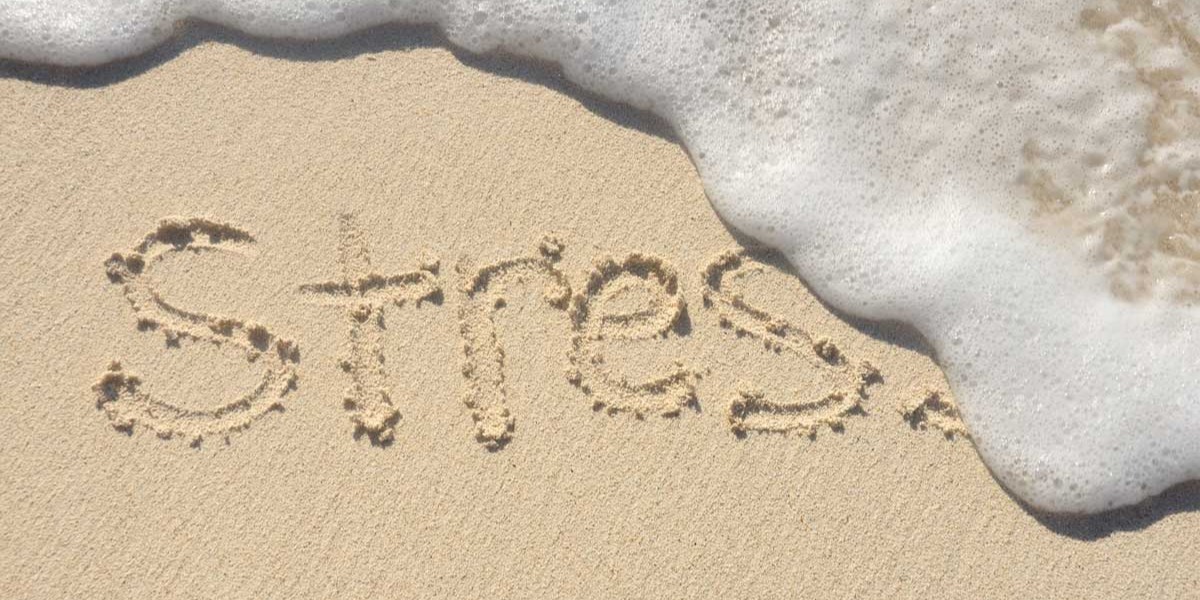
We all know 911 dispatchers have immensely stressful jobs. On top of all the usual work and home stressors, dispatchers spend day after day listening to the worst experiences of other people’s lives.
Working in a dispatch center, it’s critical to take care of yourself so you can avoid burnout and live a full life. Use these dispatcher stress management tips to keep yourself mentally strong and healthy.
1. Dispatchers Must Maintain a Strong Support Network
Maintaining a social support network is vital for everyone, but especially for people who are exposed to trauma.
Many people react to trauma by keeping their emotions bottled up inside. However, this is not a good long-term strategy for dispatcher stress management. Withdrawing allows the trauma to grow even larger inside your mind and adds to the distress you experience.
Instead of keeping your experiences to yourself, talk about what you have witnessed with friends, colleagues, and family members. A good support network will be there for you, and the act of sharing may itself help you work through the trauma and daily stress.
2. Exercise Between Dispatch Shifts
Exercise will not make you forget about troubling experiences, but it will go a long way toward diminishing the distress you feel. Aerobic exercise, in particular, reduces your body’s stress hormones, elevates your mood, and improves your energy levels.
For dispatchers, try to get in some exercise within 24 hours of high-stress shifts. You should also make a habit of integrating exercise into your weekly routine, whether it’s basketball, brisk walks, or cycling.
3. Eat Healthy Foods That Nurture Your Body
Eating healthy foods can help your body manage stress. Even if you don’t feel hungry, you need to nourish your body with healthy food on a regular basis.
Try to maintain a balanced diet that includes a generous amount of veggies, protein, and whole grains. By consuming a variety of minimally processed foods, you can ensure your body receives the nutrients it needs to keep you healthy.
Avoid refined sugars, fats, and excessive salt since these foods elevate your stress levels.
4. Take Time for Leisure and Maintain a Work-life Balance
Balance your work with a healthy home life. By engaging in recreational activities and spending time with people whose company you enjoy, you can lower your stress levels and find ways of maintaining your self-worth outside of work. Even if you love your job, you will need other parts of your life to fall back on when work is particularly tough.
Seek out quality time with your friends and family members. Use stress management tools like yoga, meditation, or any other activities that you prefer to help you relax. And don’t forget to make time for hobbies that bring you joy.
5. Practice Good Sleep Hygiene
Practice good sleep habits as much as you are able. Like exercise, sleep can help you avoid burnout and keep negative emotions under control. A lack of sleep will not only cause you to risk falling asleep at your 911 dispatcher desk but also exasperate any depression or anxiety you experience.
While you may not be able to stick to a typical sleep schedule, you can still maintain some control over your sleep patterns by using the following tricks:
- Stop consuming caffeine at least six hours before bedtime.
- Keep your bedroom environment calming and clutter-free.
- Try journaling to calm any thoughts, worries, or memories that are on your mind.
- Avoid exposing yourself to blue light from TV and phone screens right before bedtime.
- Have a nightly routine that includes a calming activity, like reading a relaxing book or listening to soothing music for 30 minutes before you go to sleep.
Reach out to us on Facebook, Twitter, or Instagram and share how you deal with 911 dispatcher stress!